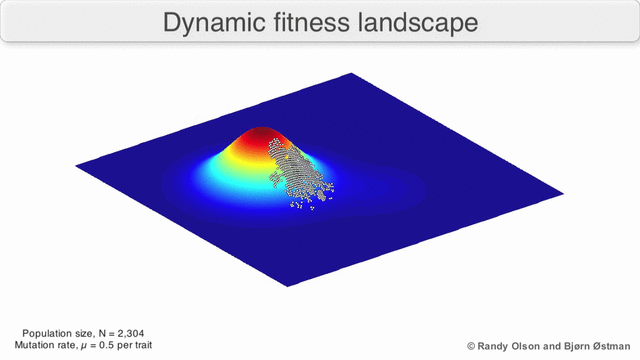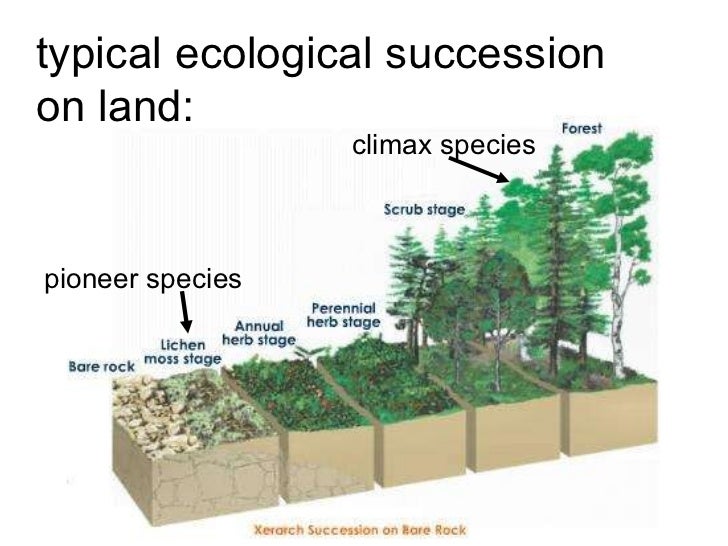"When the world's business and political leaders gathered in 2018 at the annual economic forum in Davos, Switzerland, the mood was jubilant. Growth in every major country was on an upswing. The global economy, declared Christine Lagarde, then the managing director of the International Monetary Fund, "is in a very sweet spot." Five years later, the outlook has decidedly soured.
...
A lot has happened between then and now: A global pandemic hit; war erupted in Europe; tensions between the United States and China boiled. And inflation, thought to be safely stored away with disco album collections, returned with a vengeance. But as the dust has settled, it has suddenly seemed as if almost everything we thought we knew about the world economy was wrong. [Moi ici: Mas quem é que achava que estava tudo bem?]
The economic conventions that policymakers had relied on since the Berlin Wall fell more than 30 years ago - the unfailing superiority of open markets, liberalized trade and maximum efficiency look to be running off the rails. [Moi ici: Este blogue sempre achou errada a crença absoluta na maximização da eficiência, basta recordar os marcadores eficiência, eficientismo e denominador]
...
Globalization, seen in recent decades as unstoppable a force as gravity, is clearly evolving in unpredictable ways. [Moi ici: Outra tema caro a este blogue, há mais de 17 anos que escrevemos aqui sobre as forças a minar a globalização. Recordo O regresso dos clientes, Especulação - um epílogo?] The move away from an integrated world economy is accelerating. And the best way to respond is a subject of fierce debate.
...
As the consulting firm EY concluded in its 2023 Geostrategic Outlook, the trends behind the shift away from ever-increasing globalization "were accelerated by the Covid-19 pandemic - and then they have been supercharged by the war in Ukraine."[Moi ici: Nunca esqueço de Maio de 2020 - El coronavirus actúa como acelerador de cambios que ya estaban en marcha]
...
Associated economic theories about the ineluctable rise of worldwide free market capitalism took on a similar sheen of invincibility and inevitability. Open markets, hands-off government and the relentless pursuit of efficiency would offer the best route to prosperity. [Moi ici: Recordo aquilo a que chamo a doença anglo-saxónica, recordo as críticas que fazemos há anos à automatização - Especulação sobre mais um falhanço da automatização, recordo o que escrevo sobre Kevin O'Leary]
...
The story of the international economy today, said Henry Farrell, a professor at the Johns Hopkins School of Advanced International Studies, is about "how geopolitics is gobbling up hyperglobalization. [Moi ici: O que me impressiona nestas análises é que me parecem demasiado macro. Há mais de uma década que a globalização está a recuar por causa de Mongo, por causa do fim do modelo do século XX, por causa de "We are all weird"]
...
"Ignoring the economic dependencies that had built up over the decades of liberalization had become really perilous," Mr. Sullivan, the U.S. national security adviser, said. Adherence to "oversimplified market efficiency," he added, proved to be a mistake." [Moi ici: O que me impressiona nestas análises é a crença de que a economia é como a física newtoniana, quando a economia é a continuação da biologia"]
Trechos retirados do artigo, "Failures of Globalization Shatter Long-Held Beliefs", publicado no NYT do passado Domingo.


























